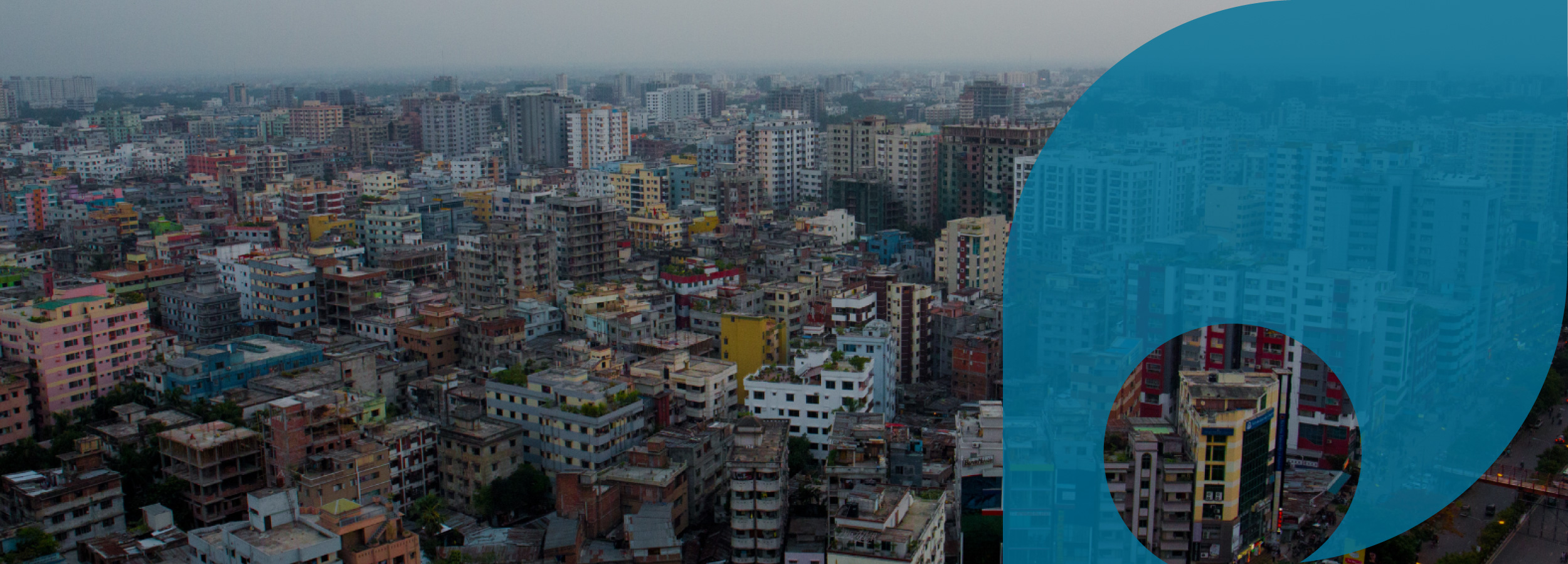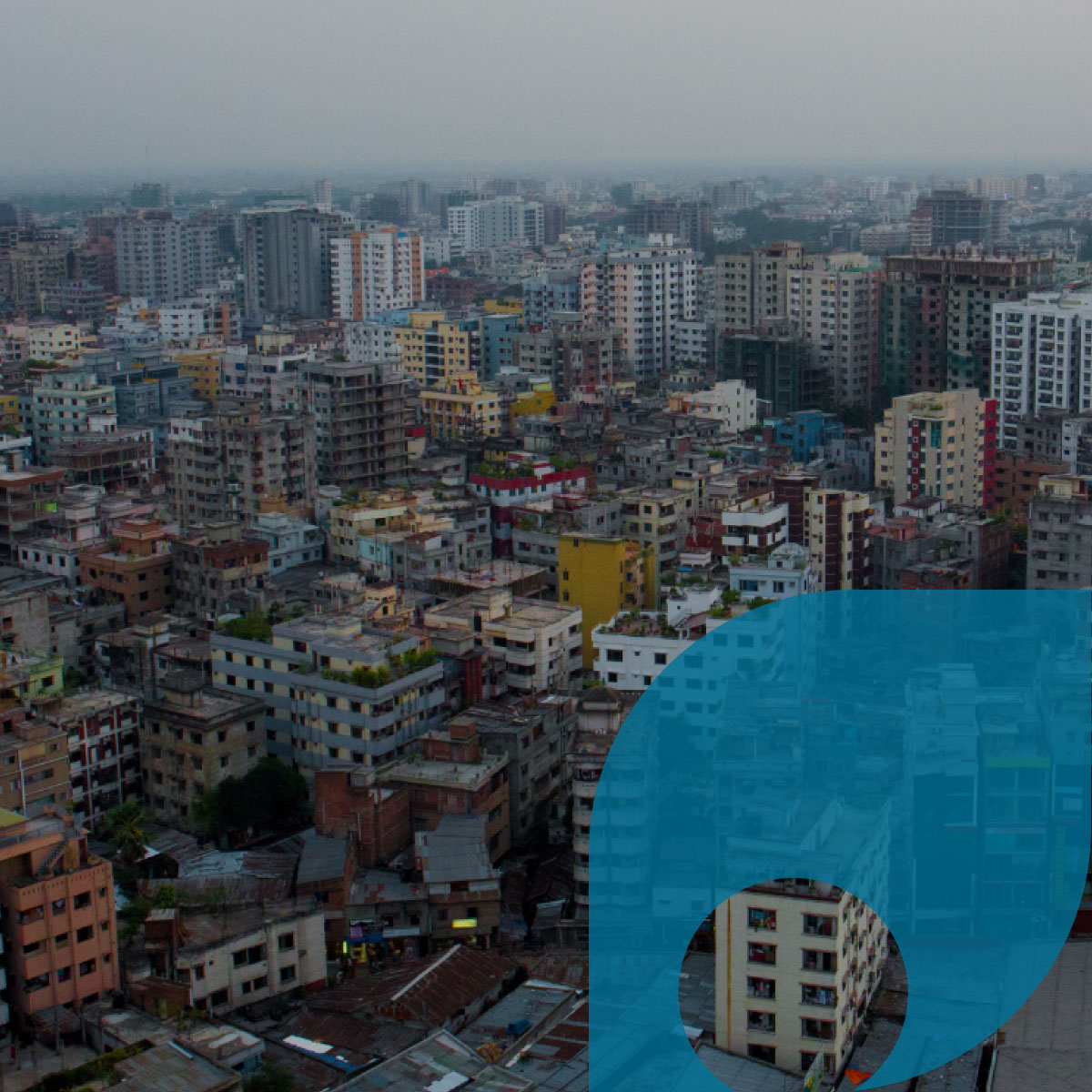Khulna
Khulna is the third largest city in Bangladesh, with an economy largely dependant on agriculture, the nearby Sundarbans mangrove forests and the Mongla port. Crops, livestock and fisheries are the main source of household income.
Migrants make up for more than 43% of Khulna city’s population. Recent migration is largely due to rural unemployment levels, poverty, and natural disasters. Many migrants now call Khulna home having been displaced due to climate induced disasters, such as flooding, cyclones, storms and river erosion. Most of this displaced population reside in informal settings, such as slums.
Health concerns
There is a lack of data pertaining to communicable and non-communicable diseases, and overall health status of the urban population in Khulna. However, in these informal settings rates of food and water borne diseases are higher, due to lack of sanitation and clean water sources. Diarrhoea, cholera, dysentery, skin diseases, asthma, hypertension, malnutrition malaria, cold, fever, cough, reproductive disorder, jaundice, recurrent pregnancy loss, early or delayed menarche, urinary tract infection are most common.
Health facilities within Khulna are distributed unevenly. Factors such as population density, or number of households are not considered when building health infrastructure. Most health care centres are located in the centre of the city.
People from low and low middle-income groups often prefer government centres due to costs. However, lack of availability of services have deprived the poor of health care. With NGOs focussing primarily on Maternal and Child Health, there is a large part of the population, particularly the elderly, and those suffering from non-communicable and communicable diseases whose health needs are left unmet.
Governance
The primary health care of residents of Khulna is the responsibility of the urban government, responsible for delivery public health services in addition to preventive and curative care through public hospitals, clinics, and dispensaries, along with licensing private health providers. The health care arrangements for urban health lies with Ministry of Local Government, Rural Development and Cooperatives (MOLGRDC), Ministry of Health and Family Welfare (MOHFW), and urban local bodies (ULB) which is formed of City Corporations and Municipalities.

